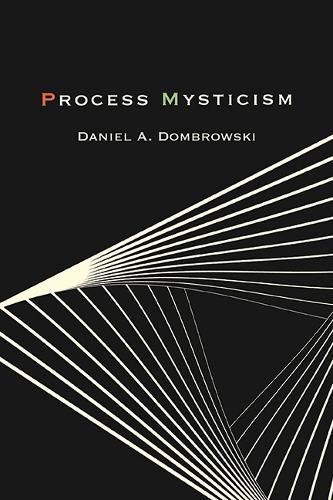Readings Newsletter
Become a Readings Member to make your shopping experience even easier.
Sign in or sign up for free!
You’re not far away from qualifying for FREE standard shipping within Australia
You’ve qualified for FREE standard shipping within Australia
The cart is loading…






Offers a process philosophical approach to mysticism and mystical religious experience.
Process Mysticism uses the process philosophies of Charles Hartshorne, Alfred North Whitehead, and Henri Bergson to explore mystical religious experiences. The aim is not so much to demonstrate that such experiences are true or veridical as it is to understand, in a William Jamesian fashion, how they could be possible and not contradict the concept of God held by philosophers and theologians. Divine world-inclusiveness, ideal power and tragedy, the ontological argument, asceticism and the via negativa, divine visions and voices, and the aesthetics and ethics of mysticism are all treated in detail. The book is ecumenical in that it is meant to illuminate mystical experiences as they occur around the world in different religious traditions, but the author is especially familiar with those in the Abrahamic religions. "Mysticism" can refer to either direct experience of God or the claim that such experience is ineffable, and both senses of the term are carefully analyzed in the book.
$9.00 standard shipping within Australia
FREE standard shipping within Australia for orders over $100.00
Express & International shipping calculated at checkout
Offers a process philosophical approach to mysticism and mystical religious experience.
Process Mysticism uses the process philosophies of Charles Hartshorne, Alfred North Whitehead, and Henri Bergson to explore mystical religious experiences. The aim is not so much to demonstrate that such experiences are true or veridical as it is to understand, in a William Jamesian fashion, how they could be possible and not contradict the concept of God held by philosophers and theologians. Divine world-inclusiveness, ideal power and tragedy, the ontological argument, asceticism and the via negativa, divine visions and voices, and the aesthetics and ethics of mysticism are all treated in detail. The book is ecumenical in that it is meant to illuminate mystical experiences as they occur around the world in different religious traditions, but the author is especially familiar with those in the Abrahamic religions. "Mysticism" can refer to either direct experience of God or the claim that such experience is ineffable, and both senses of the term are carefully analyzed in the book.